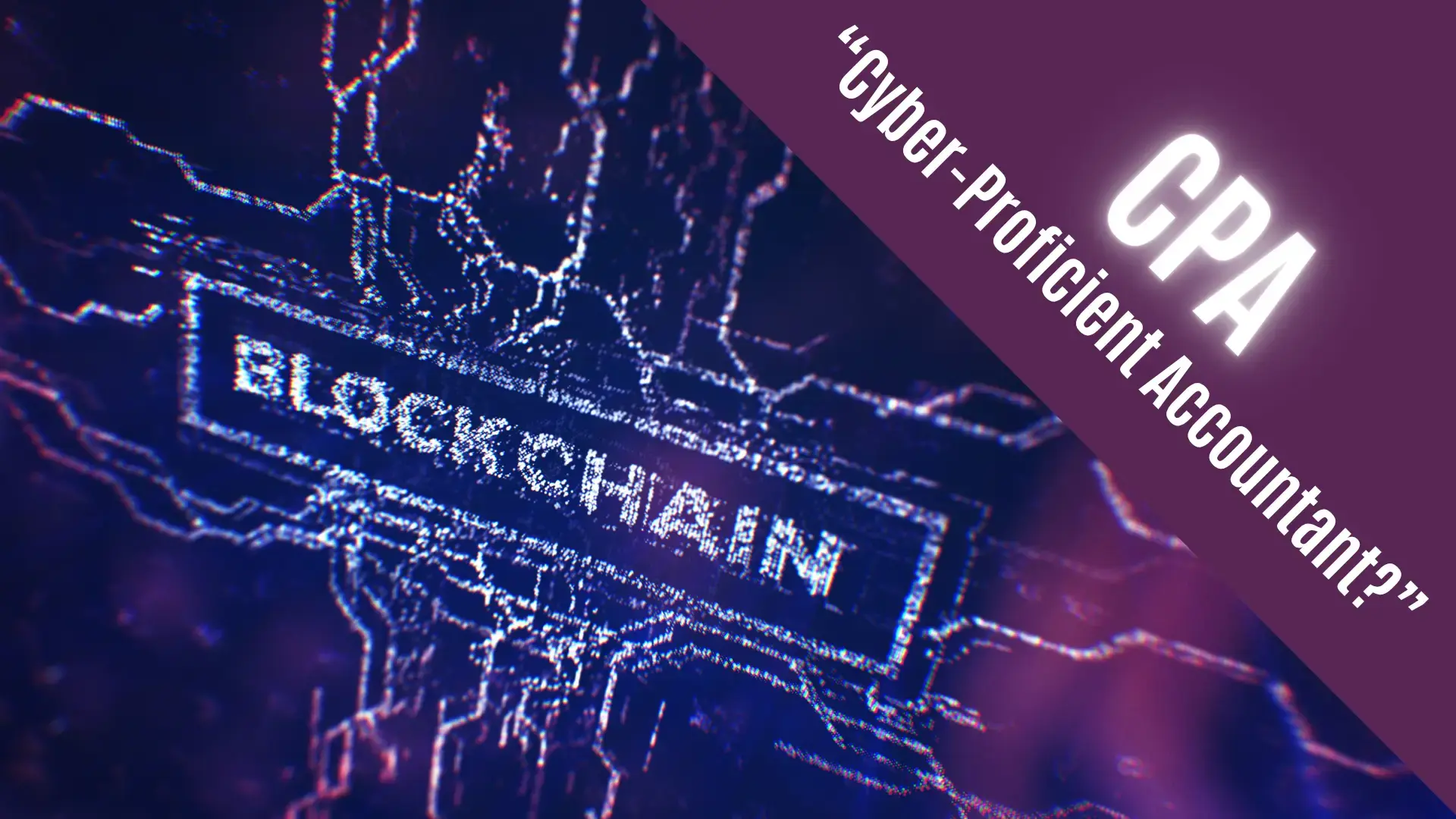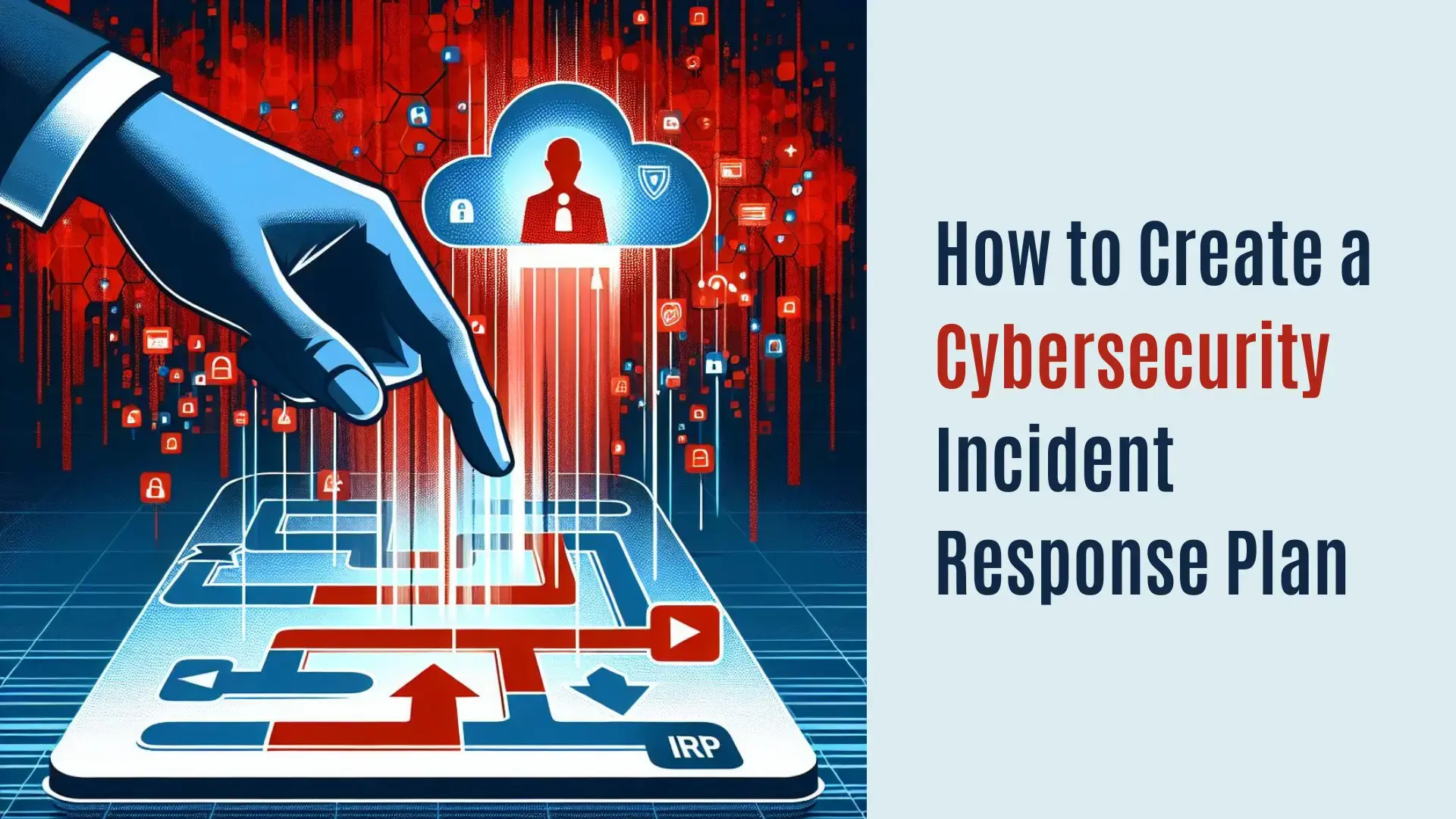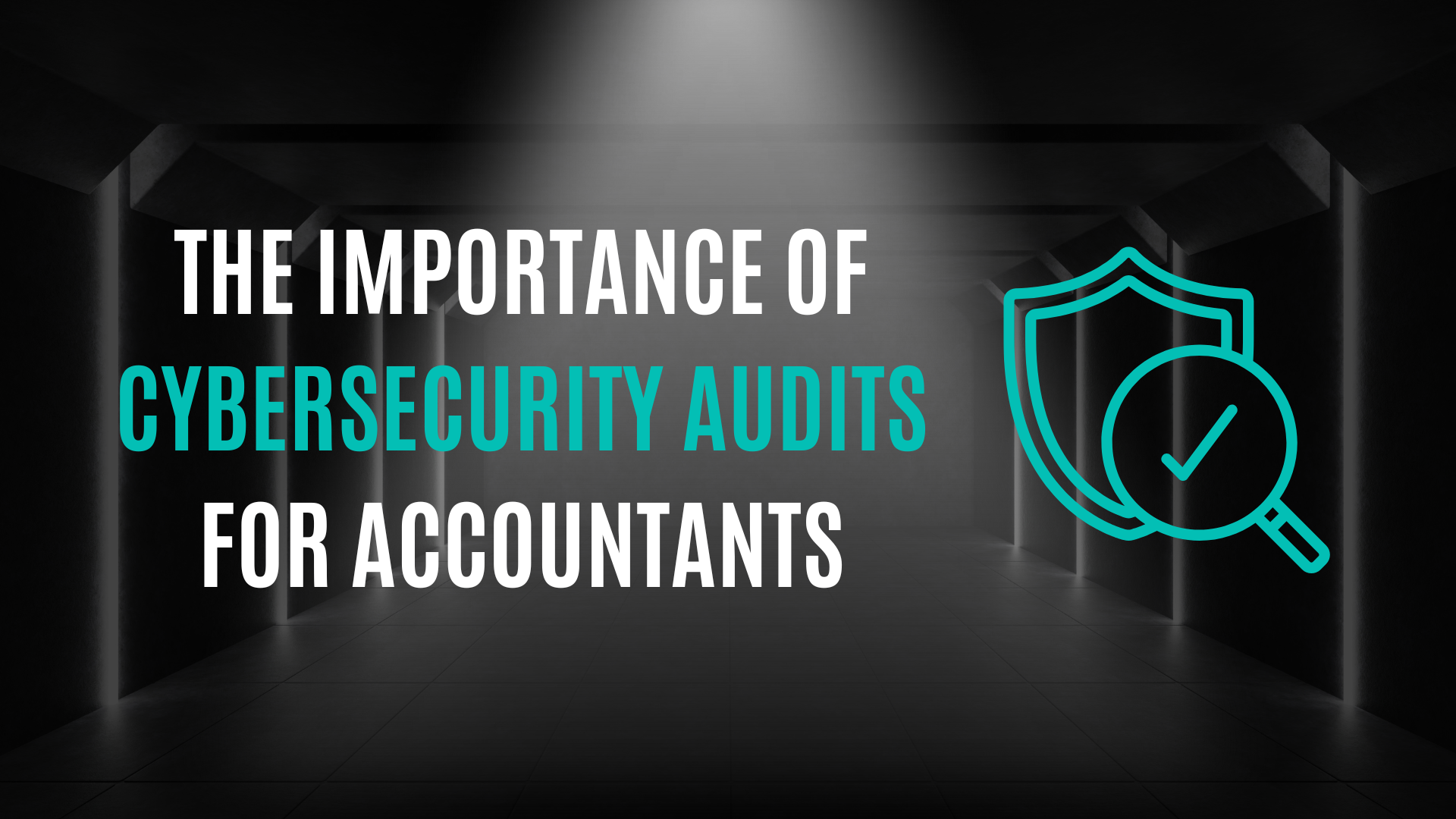How to Create a Cybersecurity Incident Response Plan
Okay, let's talk numbers... but not the kind you're used to crunching. We're talking about the rising number of cyberattacks targeting businesses...
3 min read
Monreal IT : Updated on June 4, 2025

Let’s talk numbers. Or, more specifically, let's talk about how the world of balancing books and crunching numbers is getting a serious (and seriously cool) tech makeover. If you picture an accountant as someone hunched over a dusty ledger with a green visor, well, you might be a few decades behind. The accounting industry is embracing emerging technologies like Artificial Intelligence (AI), Machine Learning (ML), and blockchain, and frankly, it's about time! Here at Monreal IT, we're all about delivering desired business outcomes by maximizing technology utilization, and what we're seeing in accounting is a prime example of tech doing just that.
It’s not just about fancy new toys; it’s about fundamentally changing how accounting practices operate, leading to better accuracy, souped-up efficiency, and Fort Knox-level security. We’re excited to see how these advancements are empowering businesses.
Remember those tedious, repetitive tasks that used to eat up hours of an accountant's day? Things like data entry, sifting through mountains of transactions, and basic reconciliation? Well, AI and Machine Learning are stepping in like the world's most efficient (and probably caffeinated) assistants.
Some folks hear "AI" and immediately think "job replacement." But in accounting, it's more like "job evolution." These tools handle the grunt work, allowing human accountants to flex their analytical and critical thinking muscles. It’s about augmenting human intelligence, not supplanting it.
The term itself has become a bit unserious in recent years, so let’s clear the air: blockchain isn't just the tech behind Bitcoin that your cousin won't stop talking about at Thanksgiving. In the accounting world, its potential is massive, particularly when it comes to security and transparency. Because cybersecurity is in our DNA, this is an area we find particularly compelling.
While widespread adoption is still in its earlier stages, the implications for secure and transparent financial record-keeping are revolutionary. It’s about creating a financial ecosystem where trust is built into the very fabric of the system.
With all this talk of automation and algorithms, it's easy to wonder where the humans fit in. The answer? Right at the center, but in an evolved role. These technologies are tools – incredibly powerful tools – but they still require skilled professionals to wield them effectively.
Accountants will need to develop new skills, focusing more on data analysis, strategic interpretation, and technology management. They'll be the ones asking the right questions, interpreting the insights provided by AI, and ensuring the ethical and effective use of these powerful systems. The future of accounting isn't about robots replacing accountants; it's about accountants becoming tech-savvier, more analytical, and more strategic than ever before.
The journey towards fully integrating these technologies will have its learning curves, of course. But the potential for enhanced accuracy, boosted efficiency, and rock-solid security is undeniable. It’s an exciting time for the accounting industry, and for the businesses that rely on their expertise.

Okay, let's talk numbers... but not the kind you're used to crunching. We're talking about the rising number of cyberattacks targeting businesses...

Hey everyone, it's your favorite tech enthusiast from Monreal IT, back again to talk about something super important: keeping your digital ducks in a...

In the world of accounting, numbers are your best friends. But what happens when those numbers are at risk? Cybersecurity audits are the unsung...